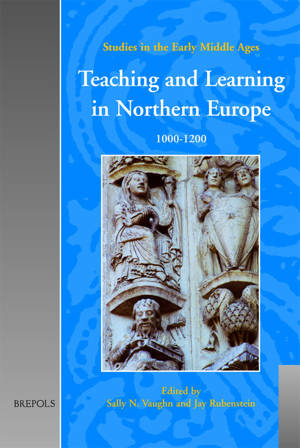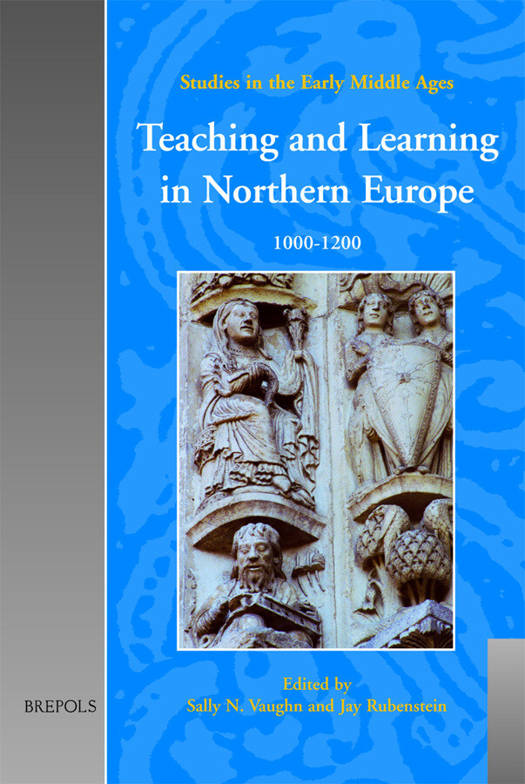
- Afhalen na 1 uur in een winkel met voorraad
- Gratis thuislevering in België vanaf € 30
- Ruim aanbod met 7 miljoen producten
- Afhalen na 1 uur in een winkel met voorraad
- Gratis thuislevering in België vanaf € 30
- Ruim aanbod met 7 miljoen producten
Zoeken
Omschrijving
The essays in this collection focus not on texts but on people, specifically on teachers and their students, beginning with the late Carolingian era and continuing through the creation of monastic and secular schools in the centuries before the first universities. Central to the articles in this volume are the schools and communities of Northern France and England, including Reims, Bec, Soissons, and Canterbury, whose patterns of thought and learning gave shape to intellectual endeavours throughout medieval Europe. In addition to some of the most prominent personalities of the day (among them Gerbert of Reims, Lanfranc and Anselm of Bec, Ivo of Chatres, and John of Salisbury), the contributors examine those teachers and students who worked in the shadows: figures like the biblical exegete Richard of Preaux and the musical innovator Theinred of Dover. The focus throughout the volume is on personalities and personal relationships, thus recreating the human connections that lay behind medieval humanism and the Twelfth-Century Renaissance. Taken together, the essays here create a coherent and compelling picture of the tumultuous time before the universities came to organize and take control of teaching and learning-a seminal period when teaching methods and curricula grew out of the particular experience of specific teachers and their interactions with their students.
Specificaties
Betrokkenen
- Auteur(s):
- Uitgeverij:
Inhoud
- Aantal bladzijden:
- 360
- Taal:
- Engels
- Reeks:
- Reeksnummer:
- nr. 8
Eigenschappen
- Productcode (EAN):
- 9782503514192
- Verschijningsdatum:
- 2/10/2006
- Uitvoering:
- Hardcover
- Formaat:
- Ongenaaid / garenloos gebonden
- Afmetingen:
- 169 mm x 245 mm
- Gewicht:
- 830 g

Alleen bij Standaard Boekhandel
+ 148 punten op je klantenkaart van Standaard Boekhandel
Beoordelingen
We publiceren alleen reviews die voldoen aan de voorwaarden voor reviews. Bekijk onze voorwaarden voor reviews.











